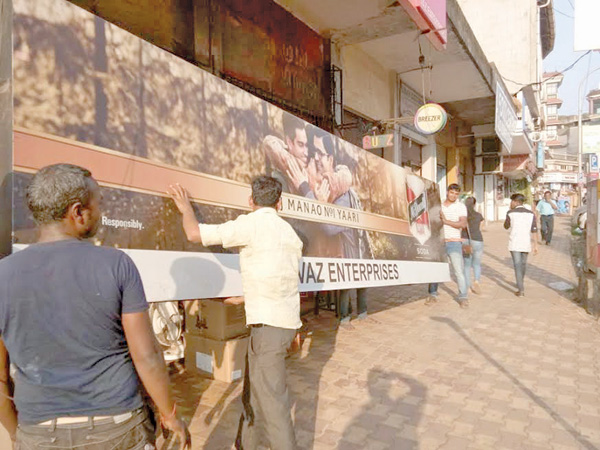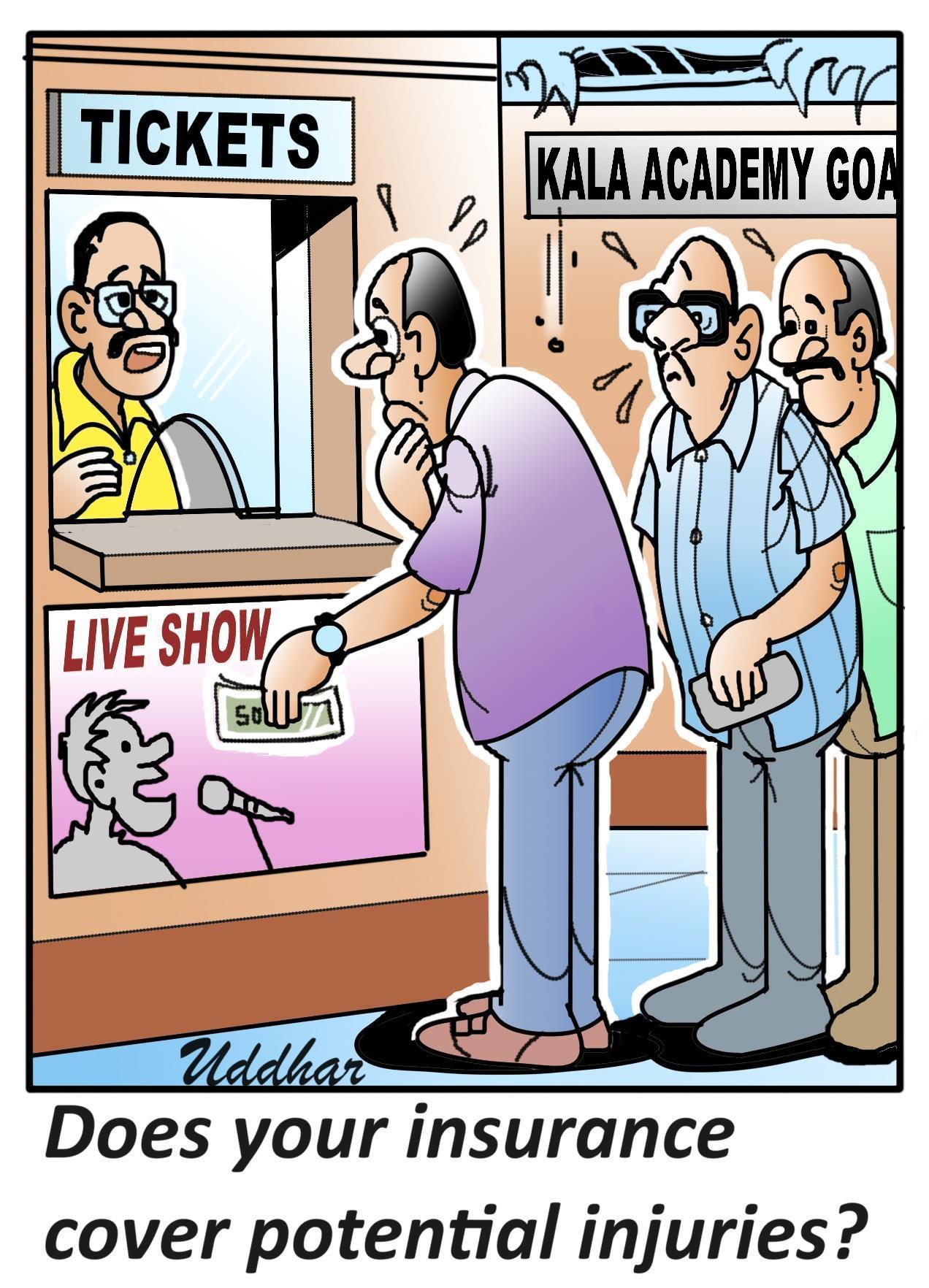19 Feb 2017 | 03:47am IST
WHY DIDN’T GOVT FORM A LIQUOR POLICY
The government and the stakeholders must prepare a presentation stating how Goa’s case is different based on its topography and also hard sell its own liquor policy, states Shweta Kamat
ven as the stakeholders affected by the Supreme Court order seeking the closure of bars and liquor outlets within 500 meters of national and state highways have decided to file a review petition before the Apex Court, there are serious doubts about the outcome of the petition in their favour, considering the fact that the successive State Government’s have been sleeping over repeated circulars issued by the Union Government in this regard since 2004.
In a major judgment, the Supreme Court in December, 2016 banned alcohol vends along the National and State Highways from April 1, 2017. The order, which clearly speaks against relocation of these outlets at the sites, visible from the highways, was pronounced almost a fortnight before the Election Code of Conduct came into force in Goa; but unfortunately, the political leaders were busy gearing up for the polls- held on February 4.
Nevertheless, it is a fact that the Apex Court verdict has not come overnight- considering that the National Road Safety Council of the Ministry of Road Transport and Highways (MoRTH) in its meeting held in January 2004 had decided that “no licences should be given to liquor shops along national highways”.
As reported by HERALD earlier this week, MoRTH in a circular issued to all State governments on October 26, 2007 advised them to remove all liquor shops along the national highways and not to issue any fresh licences and since then regular advisories were sent to the Chief Secretaries of all States and Union Territories- with latest advisory being in 2014. The first advisory was sent in December, 2011, followed by another in March 2013 and the last was on May 21, 2014. The political parties including ruling BJP and then ruling Congress had enough scope to decide on the matter in phase manner or to challenge it before the judiciary seeking relaxation.
“Going as per these facts, there’s no scope for review petition, as it would be thrown out on the very fact that Government was asked to follow the rules 12 years back. At this circumstance, the only thing Apex Court can do is grant certain relaxation by extending the time period –may be from April to December or so,” a senior lawyer, on request of anonymity spoke to HERALD.
“At the same time, I feel, traders should give a try by filing the review petition,” he stated.
A detailed study of the judgment points out that the Court has raised serious objections to relocation of these outlets in an area, which could be visible from highways.
“Moreover, we find merit in the restrictions suggested by the Punjab and Haryana High Court that the prohibition should extend not merely to the national and state highways but must be so appropriately tailored so as to ensure that the policy is not defeated by relocating the liquor shops in the close proximity of the highways. A restriction that the shop should not be accessible or visible from the highways or from the service lane along such highways is necessary to ensure that the policy is not surreptitiously violated,” the Court noted observing that there are instances, where the liquor shops though not located in proximity of highway, the signboards were put indicating their presence.

